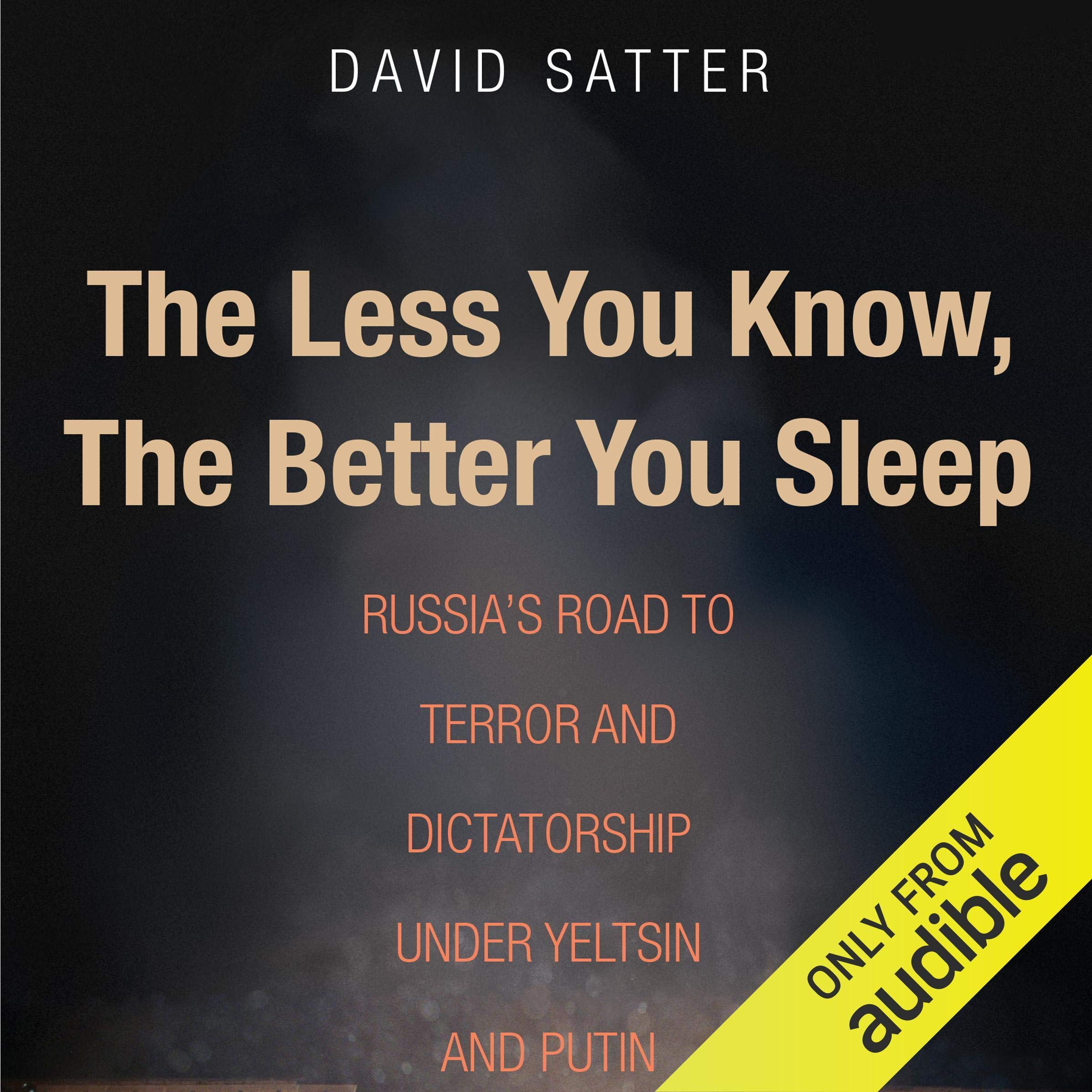What do you think?
Rate this book


Audible Audio
First published May 24, 2016
Russia faces a darkening future. The war in Ukraine shows no signs of ending, and in the wake of the murder of Boris Nemtsov, the conditions have been created for mass internal repression. By threatening to use nuclear weapons against countries that are not Russia’s enemies, the leadership has also increased the chance that they might actually be used, either through miscalculation or in a confrontation inspired by Russia’s own actions.He follows that premonitory with a paean to the Russian people, who somehow overthrew "Communism" decades earlier, but from this vantage point, in March, 2022, seem unlikely to stage a repeat performance.